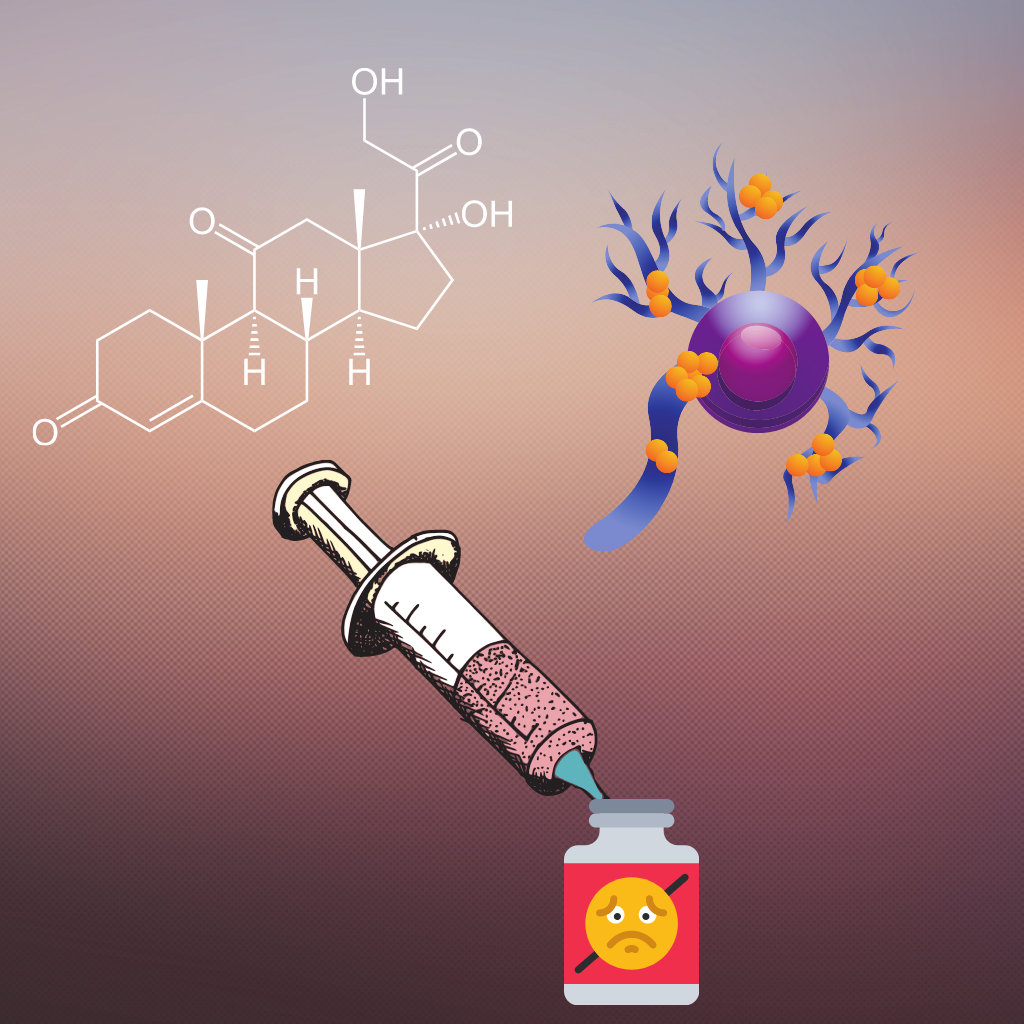
My Career Trajectory: Plant Science to Neuroscience
I have decided to wholeheartedly focus on neuroscience. My immediate plan entails pursuing a master's degree in neuroscience.

Since March 21, I have been grappling with confusion surrounding my career trajectory, particularly in relation to my research interests in Neuroscience and Plant Molecular Biology.
When I first entered university, I held a general aspiration to become a Biotechnology researcher. However, as I progressed into my sophomore year, I realized the vastness of the field and the multitude of research opportunities available within it. This realization prompted me to reevaluate my research interests.
During this period of introspection, I came across the book “The Brain That Changes Itself” by Norman Doidge, which delves into the concept of neuroplasticity through seven captivating stories. It was within this book that I encountered the renowned quote by Donald Hebb, “Neurons that fire together wire together.” Although I didn’t fully comprehend the quote’s significance at the time, I now understand its profound influence in shaping various neuroscience disciplines. Subsequently, my deepening fascination with neuroscience led me to explore the subject through numerous lectures, particularly those delivered by Robert Sapolsky, a captivating American neuroendocrinologist. Sapolsky’s lectures resonated with me on a profound level and further fueled my passion for neuroscience.
During my final year of undergraduate studies, I found myself working under a supervisor whose expertise lay in biometrical genetics. While my research interests did not align precisely with my professor’s work, I diligently completed my undergraduate project, albeit without the level of passion I had hoped for. Additionally, I engaged in collaborative projects within the realm of plant science, despite it not being my preferred area of focus. As a result, I found myself unable to solidify a clear career trajectory, despite having completed my degree.
However, my lack of enthusiasm for plant science became apparent, and my relentless pursuit of publishing scientific papers in any field began to detract from my true passion for neuroscience. Compounded by the limited opportunities for neuroscience research in my country, except for computational biology, which I wasn’t particularly drawn to, I found my dream of becoming a neuroscientist slipping further away.
Yet, amidst the challenges of the pandemic, I embarked on a research project examining the relationship between the SLC6A4 gene and depression. This undertaking sparked a resurgence of my love for neuroscience, reigniting the confusion surrounding my future career path. Since March 21, I have been consumed by contemplation and deliberation. Despite this, one resounding answer emerged: I must commit to the field that is both challenging to pursue and genuinely ignites my passion.
Therefore, moving forward, I have decided to wholeheartedly focus on neuroscience. My immediate plan entails pursuing a master’s degree in neuroscience. Over the next five months, I have formulated a comprehensive plan that will enable me to channel my efforts effectively and enhance my dedication to this new career trajectory.
- By April 15, 2021, I aim to submit my first research paper on the SLC6A4 gene, completing all necessary writing and securing an editor who can serve as a corresponding author.
- In the weeks to come, I will diligently study a chapter from the book “Neuroscience: Exploring the Brain” and summarize the lessons in my NeuroBlog.
- Between April 1 and 10, I will develop three additional projects related to neuroscience: Migraine, Stroke, and Serotonin.
- In April, I will complete three neuroscience-related courses on Coursera: “Neurobiology of Everyday Life, “Synapses, Neurons, and the Brain,” and “Introduction to Psychology.”
To enhance my skills, I have embarked on a 40-day challenge to learn Python, which will commence on April 2 and conclude on May 12. Furthermore, I have selected four books on neuroscience to enrich my understanding of the subject: “The Man Who Mistook His Wife for a Hat” by Oliver Sacks, “Descartes’ Error” by Antonio Damasio, “The Tell-Tale Brain” by V.S. Ramachandran, and “We Are Our Brains: From the Womb to Alzheimer’s” by Dick Swaab.
Although uncertain of what the future holds, I have learned an important lesson: with careful planning and unwavering commitment, positive outcomes can be achieved, as emphasized in the book “12 Rules for Life” by Jordan B. Peterson. Therefore, I will remain steadfast in my pursuit of passion, undeterred by external opinions or societal expectations.
In conclusion, I acknowledge my deep confusion regarding my career trajectory since March 21. However, I have now made a definitive decision to focus on neuroscience, which has always held a special place in my heart. With a well-structured plan for the next five months, including research submissions, continuous learning, skill development, and extensive reading, I am determined to embark on a fulfilling career in neuroscience.
Author Bio
Hello! I am AMIT HASAN, first year PhD Student in Neuroscience at Institute of Neuroscience Paris-Saclay (NeuroPSI), University of Paris-Saclay, Paris, France. Previously, I completed my undergraduate degree in Biotechnology at Rajshahi University, Bangladesh. Afterward, I pursued my master’s degree in Life Sciences and Health, followed by Computational Neuroscience and Neuroengineering at the University of Paris-Saclay in Paris, France.
I am highly passionate about applied research. Brainstorming research problems, doing experiments inside the laboratory, analyzing a large volume data set, and finally deducing a result from that intrigues me a lot. Since I am fond of unpredictability in life, and research capable of supplying that now and then, my future goal is to spend as much time as possible in academia.
Here, I often write short stories, book reviews, and travel stories.






Assalamualaikum Vai. I am Tarikul Islam Turjo from GEB-24.This blog(My Career Trajectory: Plant Science to Neuroscience) is fantastic.I have some query. As you mentioned that neuroscience related projects aren’t done in Bangladesh then how did you work in the project named relation between the SLC6A4 gene and depression. As a beginner, can you suggest me some books/YouTube channels to know about neuroscience. If I want to build my career in this field, then what should I do from now as a first year student?
Thanks for your questions. My work is in silico based, that’s why I was able to complete it. You can read various books to increase your knowledge regarding neuroscience, e.g. The Brain that Changes Itself Book by Norman Doidge, The Man Who Mistook His Wife for a Hat Book by Oliver Sacks, etc. You can watch the lectures of professor Robert Sapolsky on youtube -he is fantastic. Also, you can read HarvardNeuroblog.